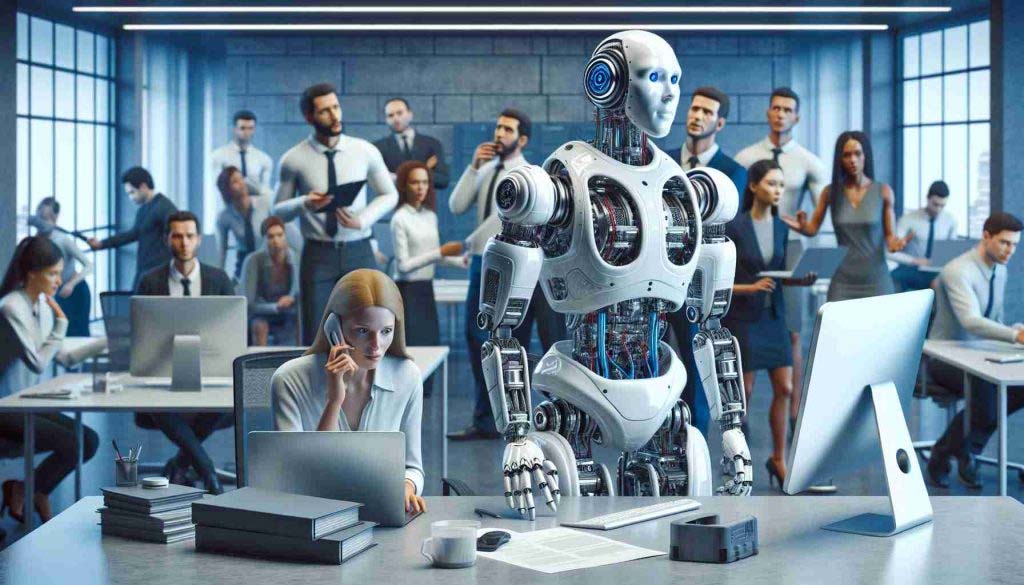Technology: As automation and artificial intelligence continue to evolve at an unprecedented pace, many have a question on their minds: will robots eventually replace humans in the workforce? This fascinating topic has not lost its relevance as it delves deeper into the intersection of technology and employment. Fears of widespread job losses due to automation are not unfounded. Studies by the World Economic Forum suggest that by 2025, machines could be responsible for more than half of workplace tasks. Routine jobs, especially in industries such as manufacturing and retail, are more vulnerable to automation because tasks can be broken down into predictable, repetitive processes. Robots such as warehouse sorting machines and autonomous checkout systems are already evidence of this shift.
However, it is important to recognize that automation often leads to the evolution of job roles rather than wholesale replacement. Many experts argue that while robots take over routine tasks, they open up avenues for jobs that require human skills such as creativity, critical thinking, and emotional intelligence. For example, demand for data analysts, AI specialists, and positions in the robotics industry is growing. In addition, collaboration between humans and machines can redefine productivity. Cobots, or collaborative robots, are designed to assist human workers, not replace them, increasing efficiency while ensuring safety in dangerous or difficult tasks.
